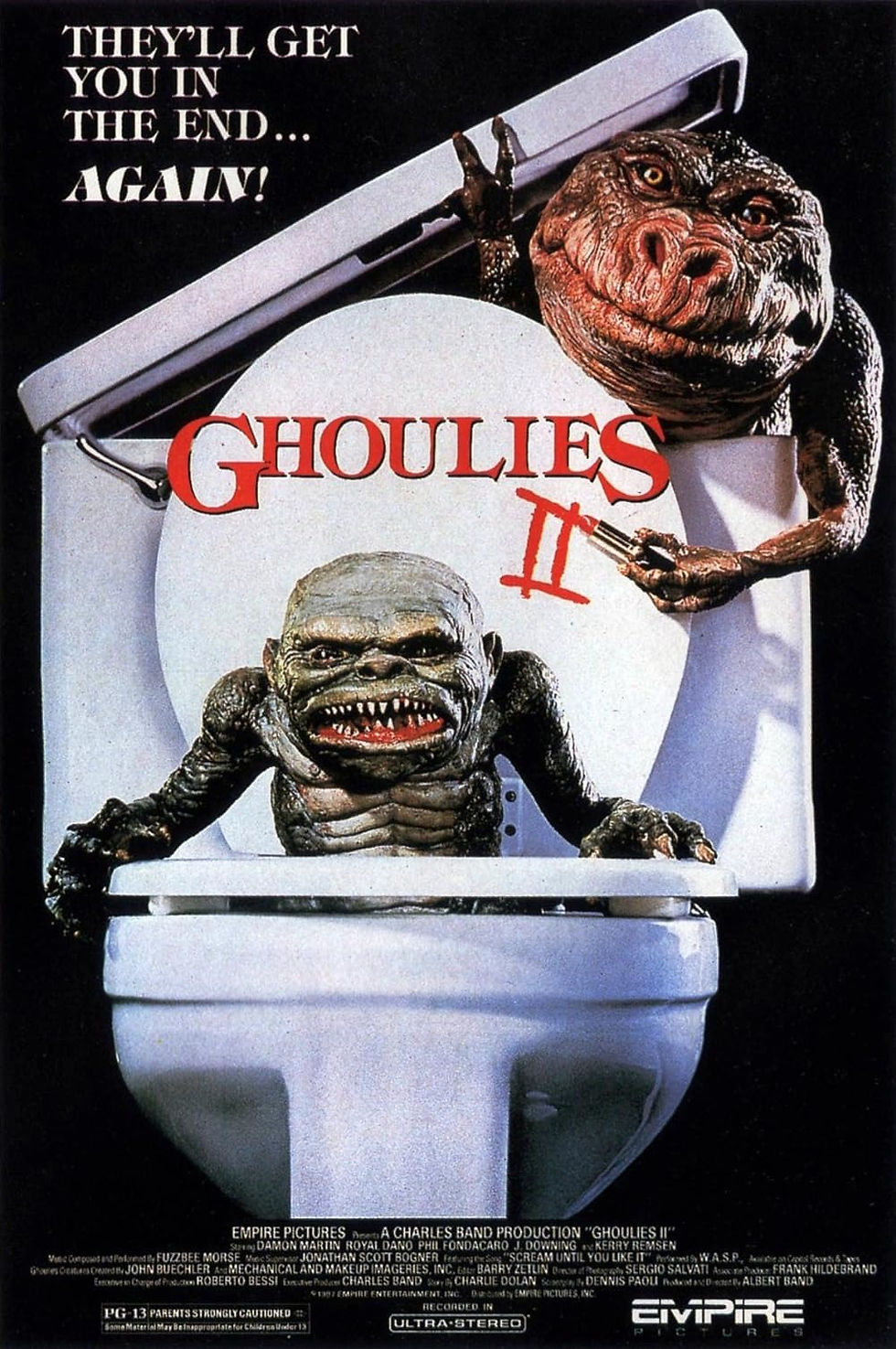The Uncanny Valley of Adaptation: When Books Become Beasts on the Screen
- Allan Major

- Feb 22, 2024
- 2 min read
Updated: Apr 28, 2024

The book lies open; its pages spill a world conjured whole-cloth from the author's mind. Characters take shape in your imagination, their voices whispering through the printed words. The setting unfurls – a crumbling mansion, a moonlit forest, the sterile hallways of a starship. Then, anticipation crackles as the news drops: Movie Adaptation Coming Soon.
For horror fans, it's a thrill akin to Christmas Eve mixed with that prickling dread before the dentist's chair. Will this film capture the essence of the nightmare you nurtured privately between the pages? Or will it emerge a grotesque, stitched-together monstrosity, a pale imitation of the terror that kept you deliciously sleepless?
This is the Uncanny Valley of Adaptation, that uneasy realm where beloved books become cinematic beasts. Some emerge triumphant, carrying the core of literary terror onto the screen. Others, alas, stumble and fall, victims of misguided visions and a failure to understand the delicate alchemy of fear on the page versus the screen.

What Translates – The Essence of Terror
The finest adaptations understand that true horror lies not just in the dripping fangs and sudden jump scares, but in the idea – that slithering, unsettling something tapping at the edges of your psyche. "The Shining", Kubrick's cinematic fever dream, traded some of King's plot for psychological dread, yet the Overlook Hotel became an icon of terror precisely because it echoed the claustrophobia in our own minds. Similarly, the relentless, primal shark in "Jaws" is made terrifying not just by its teeth, but by the vast unknowable ocean...a parallel to our own anxieties about the unseen.

What Tends to Fail – The Devil in the Details
Horror thrives on nuance. Internal monologues and lingering descriptions build tension. But what do you do when your villain is a character's unraveling sanity, or the subtly wrong tilt of a world just slightly off-kilter from our own? Filmmakers often resort to cheap tricks – CGI overload, over-the-top gore, flattening complex characters into shrieking archetypes. The result? A horror flick that might be startling, but rarely sticks to your bones.
The Verdict
The Uncanny Valley of Adaptation is a perilous, shadowy place, littered with the creative corpses of misguided efforts. But when filmmakers understand that true fear resides in the spaces between the lines, when they seek to evoke the whispers, not just the screams, that's when the beasts of beloved books leap into glorious, terrifying life on the screen. As for the rest? Perhaps it's better they remain forever locked within the pages that birthed them, haunting our imaginations as they always have.







